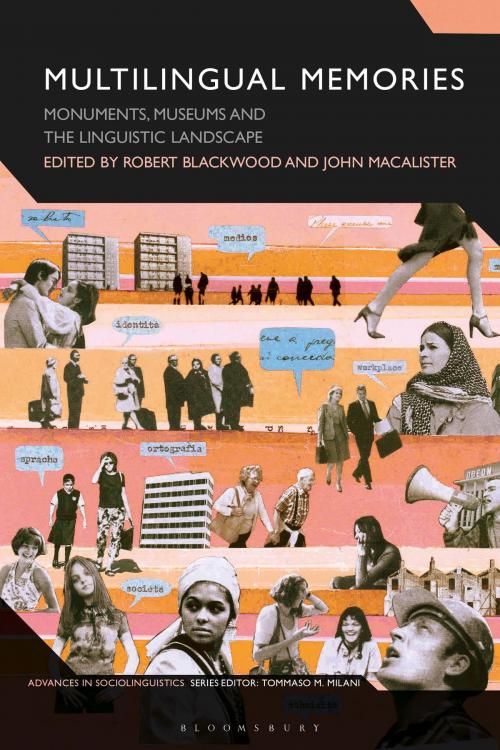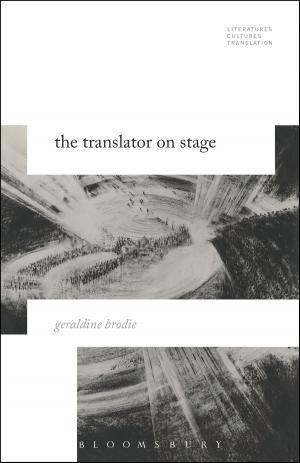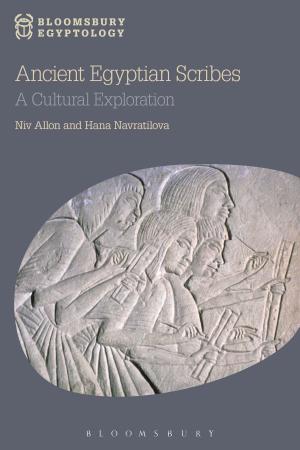Multilingual Memories
Monuments, Museums and the Linguistic Landscape
Nonfiction, Art & Architecture, Architecture, Reference & Language, Reference, Social & Cultural Studies, Social Science| Author: | ISBN: | 9781350071278 | |
| Publisher: | Bloomsbury Publishing | Publication: | October 17, 2019 |
| Imprint: | Bloomsbury Academic | Language: | English |
| Author: | |
| ISBN: | 9781350071278 |
| Publisher: | Bloomsbury Publishing |
| Publication: | October 17, 2019 |
| Imprint: | Bloomsbury Academic |
| Language: | English |
Drawing on a range of disciplines from within the humanities and social sciences, Multilingual Memories addresses questions of remembering and forgetting from an explicitly multilingual perspective. From a museum at Victoria Falls in Zambia to a Japanese-American internment in Arkansas, this book probes how the medium of the communication of memories affirms social orders across the globe.
Applying linguistic landscape approaches to a wide variety of monuments and memorials from around the world, this book identifies how multilingualism (and its absence) contributes to the inevitable partiality of public memorials. Using a number of different methods, including multimodal discourse analysis, code preferences, interaction orders, and indexicality, the chapters explore how memorials have the potential to erase linguistic diversity as much as they can entextualize multilingualism. With examples from Africa, Asia, Australasia, Europe, and North and South America, this volume also examines the extent to which multilingual memories legitimize not only specific discourses but also individuals, particular communities, and ethno-linguistic groups – often to the detriment of others.
Drawing on a range of disciplines from within the humanities and social sciences, Multilingual Memories addresses questions of remembering and forgetting from an explicitly multilingual perspective. From a museum at Victoria Falls in Zambia to a Japanese-American internment in Arkansas, this book probes how the medium of the communication of memories affirms social orders across the globe.
Applying linguistic landscape approaches to a wide variety of monuments and memorials from around the world, this book identifies how multilingualism (and its absence) contributes to the inevitable partiality of public memorials. Using a number of different methods, including multimodal discourse analysis, code preferences, interaction orders, and indexicality, the chapters explore how memorials have the potential to erase linguistic diversity as much as they can entextualize multilingualism. With examples from Africa, Asia, Australasia, Europe, and North and South America, this volume also examines the extent to which multilingual memories legitimize not only specific discourses but also individuals, particular communities, and ethno-linguistic groups – often to the detriment of others.















